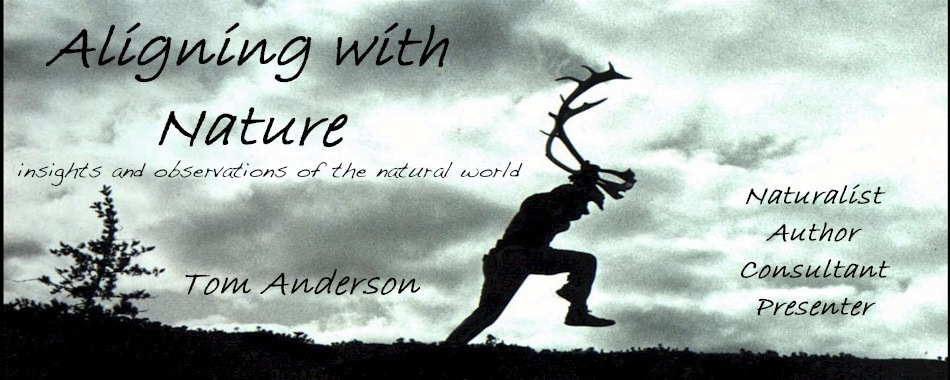Dawn Awakening

At this time of the year I often tuck my pillow directly on the sill of an open window next to my bed. While lying down I can easily position my head next to the window screen. The advantage is that while sleeping in the comfort of my bed I enjoy the fresh air benefits of camping outside. The disadvantages are the loud exclamations of the neighbors.
Earlier this week as the morning light washed over the treetops, I opened my eyes at “crane o’clock.” Rather than a rude buzz or radio blather waking me, a pair of sandhill cranes were trumpeting, bugling and rattling from a nearby hayfield. Their raucous wildings had me wondering if I had awakened in a Paleozoic jungle.
I am reminded of Aldo Leopold’s description of sandhill cranes. Leopold is author of Sand County Almanac (which incidentally should be required reading by all Americans): “When we hear his call we hear no mere bird. We hear the trumpet in the orchestra of evolution. He is the symbol of our untamable past, of that incredible sweep of millennia which underlies and conditions the daily affairs of birds and men.”
The morning following the crane reveille, a male robin blasted his song from the canopy of oak branches just a few feet from my second story windowsill nest. And “robin o’clock” is definitely earlier than “crane o’clock. How can I get angry when this common member of the melodic thrush family initiates the dawn chorus?
Now consider how most folks wake up in the morning. An alarm clock startles them awake from a deep sleep. It’s no surprise we use the word “alarm,” for the way it accelerates our physical self out of restful sleep. The damn thing is alarming.
When we are abruptly awakened, our brain accelerates our heart rate. We experience the flight-and-flee response. Following the rude awakening we often experience a period of wallowing grogginess before we are fully awake. Sleep experts refer to this response as sleep inertia. Even with a shower and a cup of coffee, it can take several hours to fully awaken.
Many sleep experts feel that people who use a regular alarm clock have an 89% chance of sleep inertia.
Compared to our ancestors, who went to bed when it got dark, modern humans have developed poor sleep patterns. Television, computers and cell phones rob us of quality sleep. The blue light emitted from these devices halts the natural release of melatonin, an important hormone regulating our sleep cycle.
To awaken naturally we would rely on our circadian rhythm, the internal system that responds to intervals of light and dark. It regulates cycles between sleepiness and alertness at regular intervals.
Few of us honor our natural circadian rhythms. For a majority of folks this would require going to bed soon after it gets dark outside, and awakening naturally as the day dawns. Waking up naturally to the dawn’s light and a pair of cranes or a singing robin is best for my health.
On the third morning I woke up at “swan o’clock.” A pair of trumpeter swans passed directly overhead calling their deep “oh. . . Oh” calls.
The swan’s deep notes remind me of a meditator’s “ohmmm.” There is evidence that the vibration and rhythmic droning slows the human nervous system and calms the mind.
Now get to bed. Shut off all electrical screens and don’t forget to open the window. And I dare you to unplug the alarm clock.
Filed under: Uncategorized

Leave a Reply
You must be logged in to post a comment.